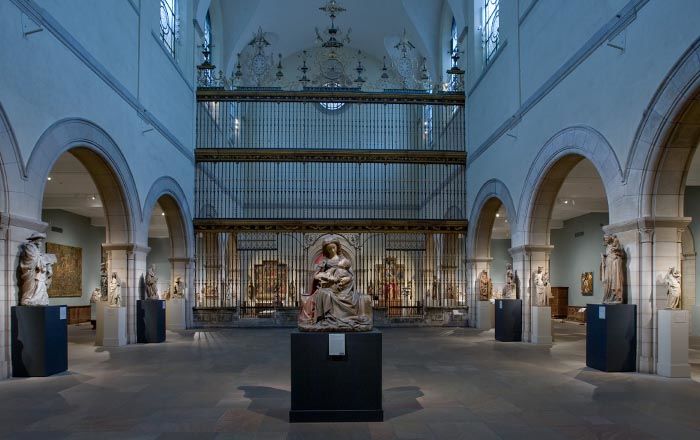Returned to lender The Met accepts temporary loans of art both for short-term exhibitions and for long-term display in its galleries.
Palimpsest of the Hebrew Liturgical Poet Yannai over Aquila’s Greek Translation of 2 Kings 23:11–27
Not on view
Documents preserved in the Ben Ezra Synagogue in Fustat, Egypt (882), provide a rich account of Jewish life, liturgy, and religion in the early Islamic world. The Genizah testifies to the shift from Greek to Arabic, the adoption of the codex form, and the development of new forms of calligraphy and textual/critical apparatus by Jews during this period. The Cambridge scholar Solomon Schechter discovered the documents in 1896.
This fragment from the Cairo Genizah originally contained portions of the Greek translation of the Torah by Aquila, a second-century student of Rabbi Akiba. In the ninth century, the Greek text was scraped off and replaced with Hebrew liturgical poems by the sixth-century Palestinian poet Yannai.
Due to rights restrictions, this image cannot be enlarged, viewed at full screen, or downloaded.

